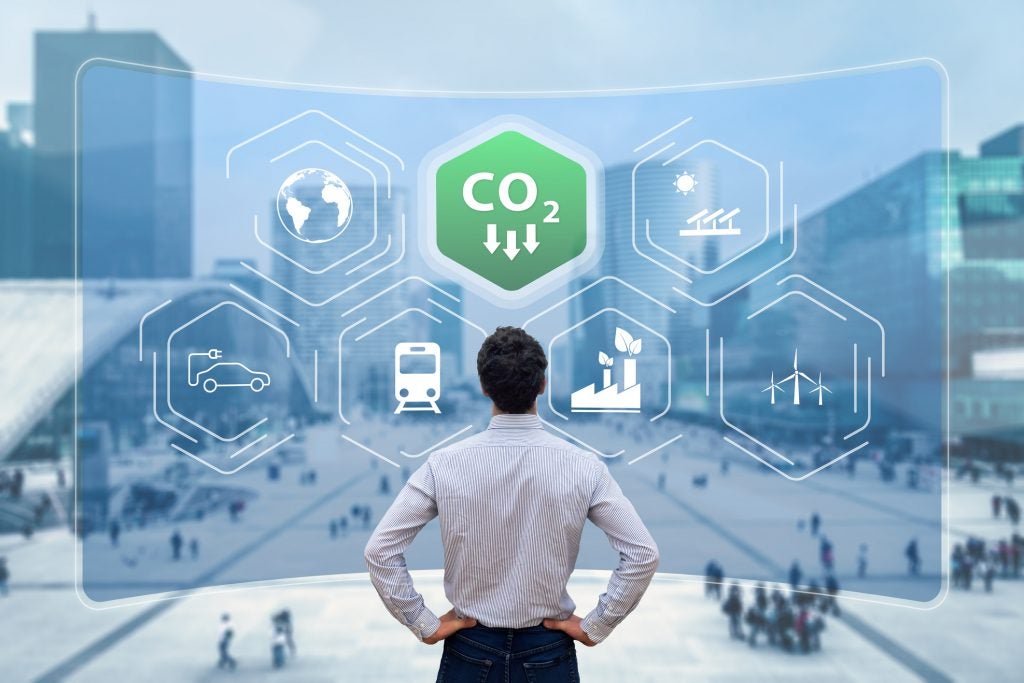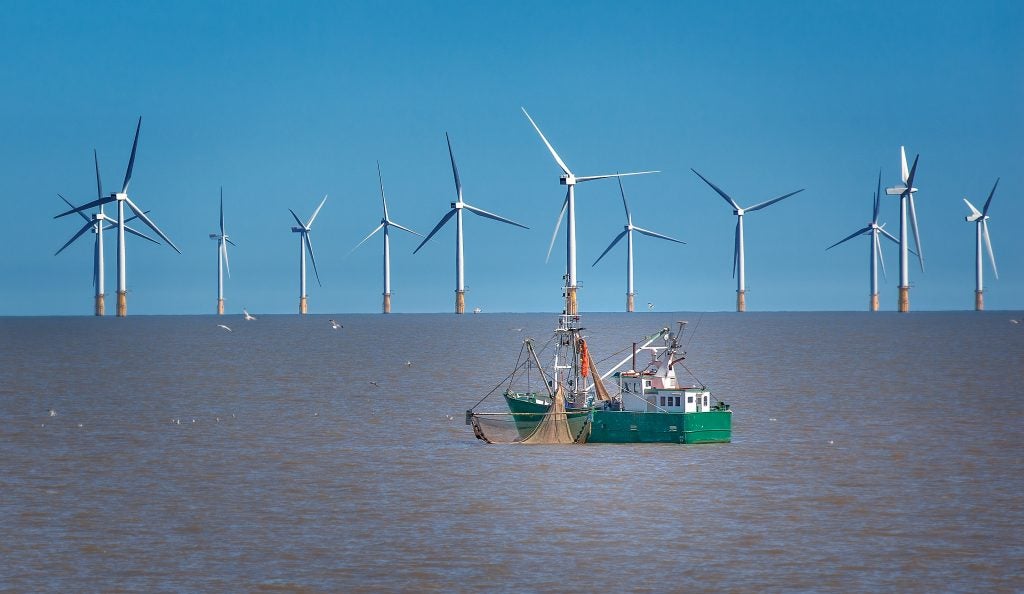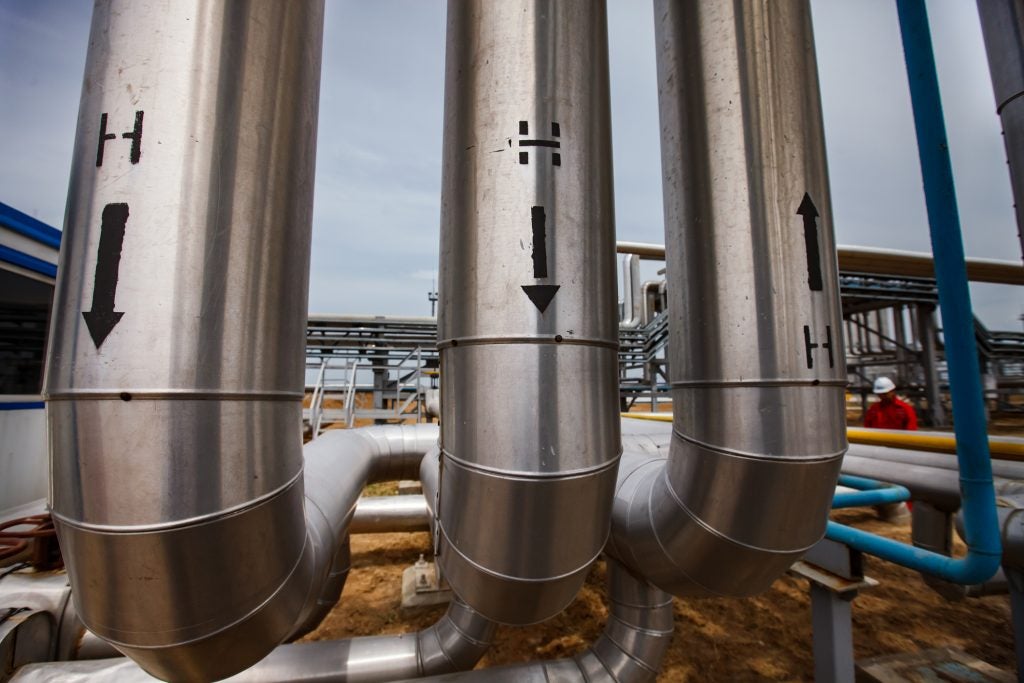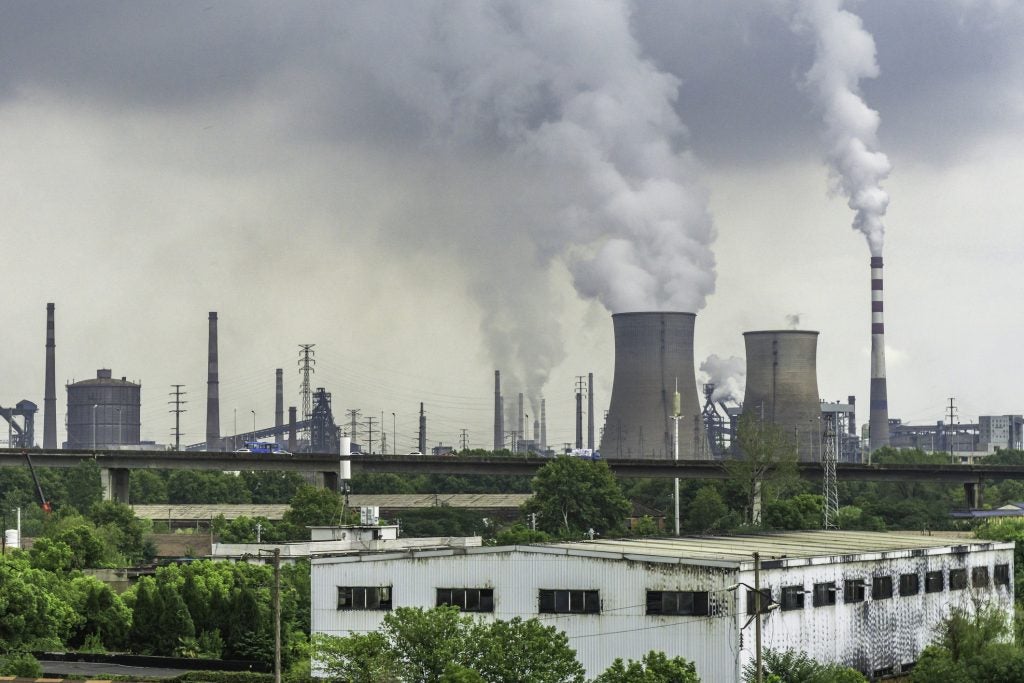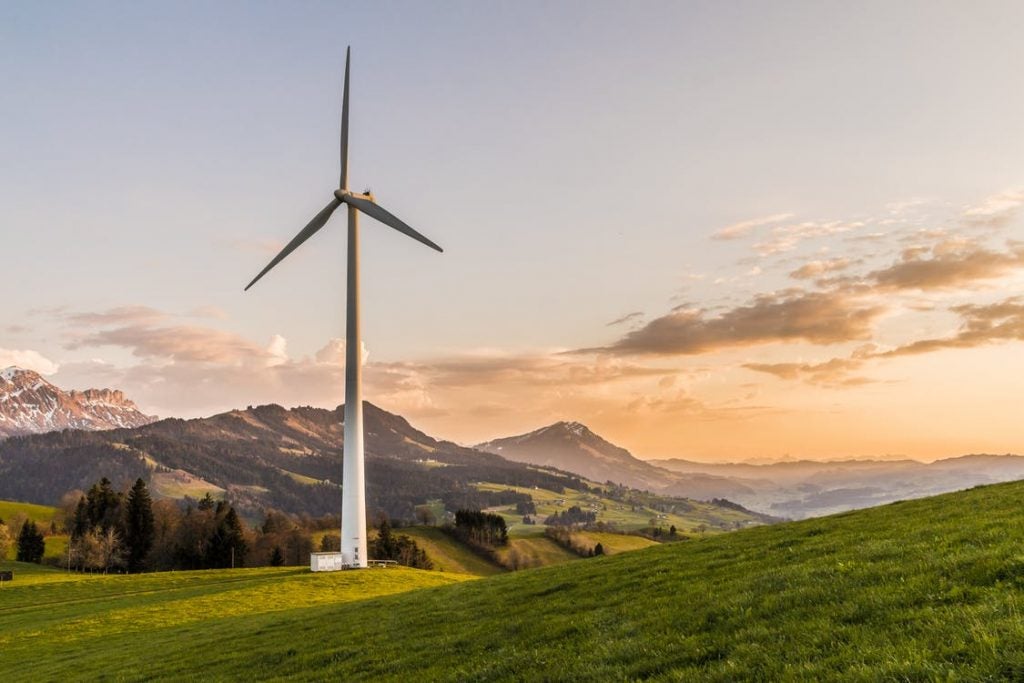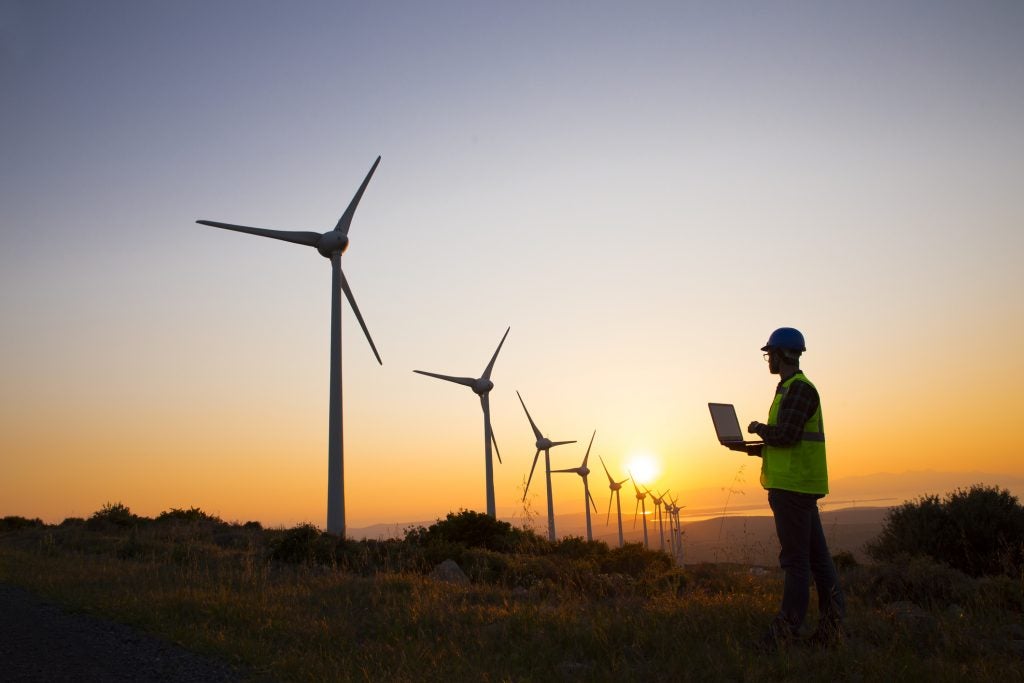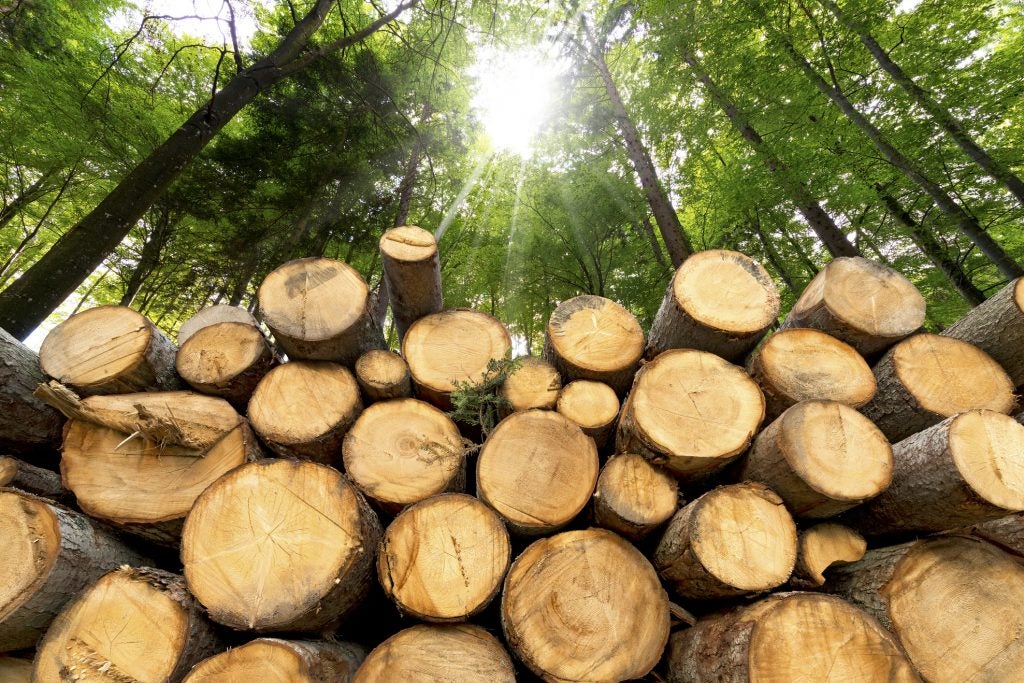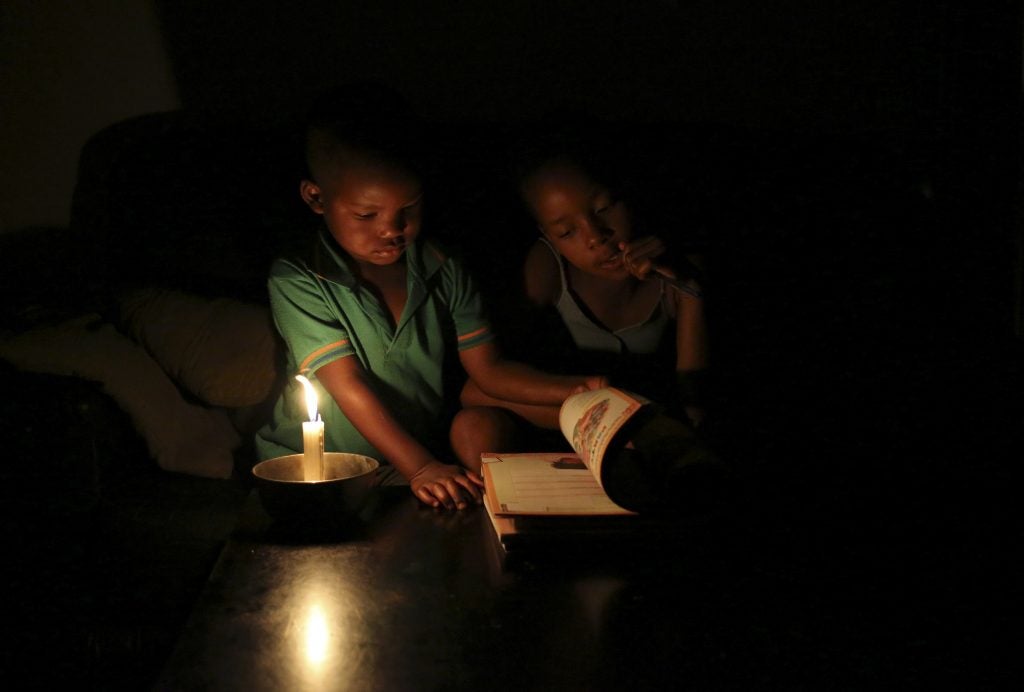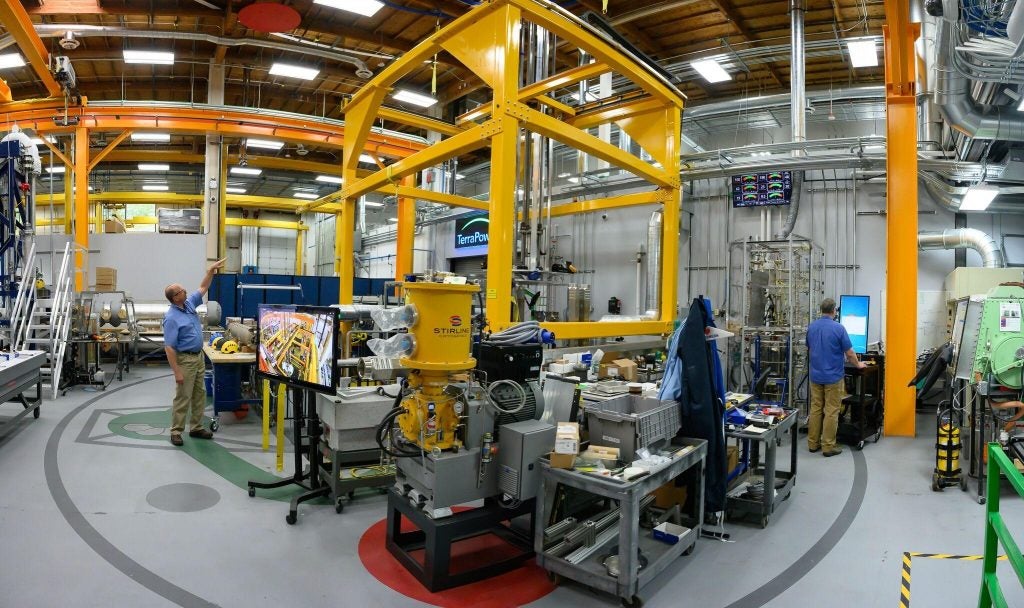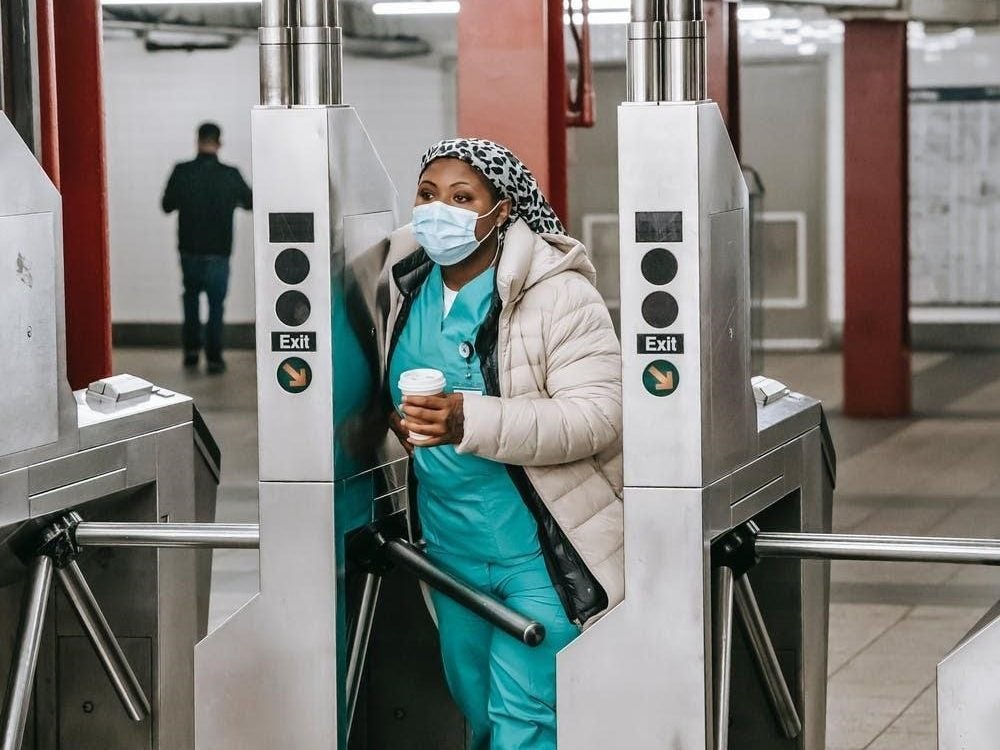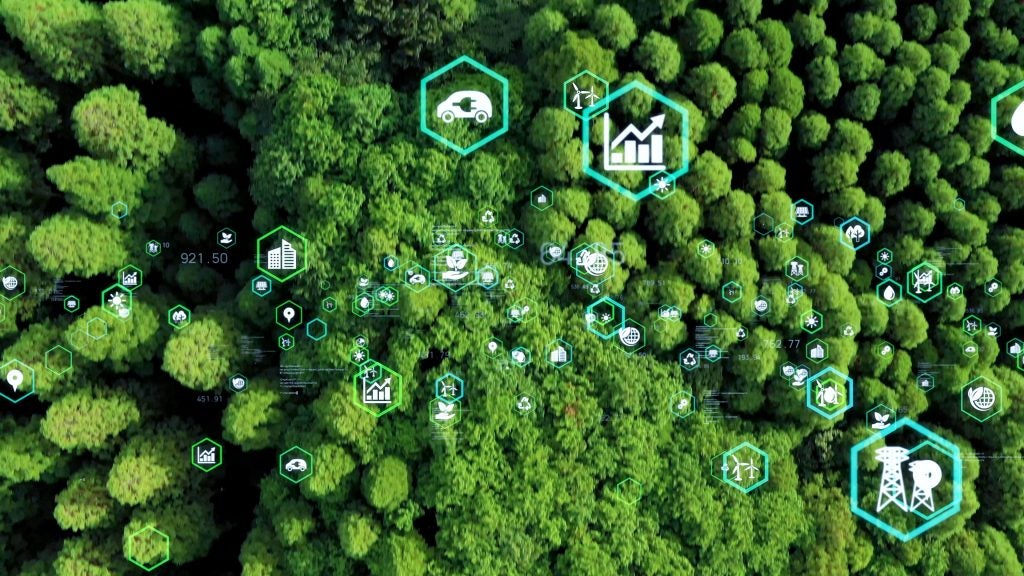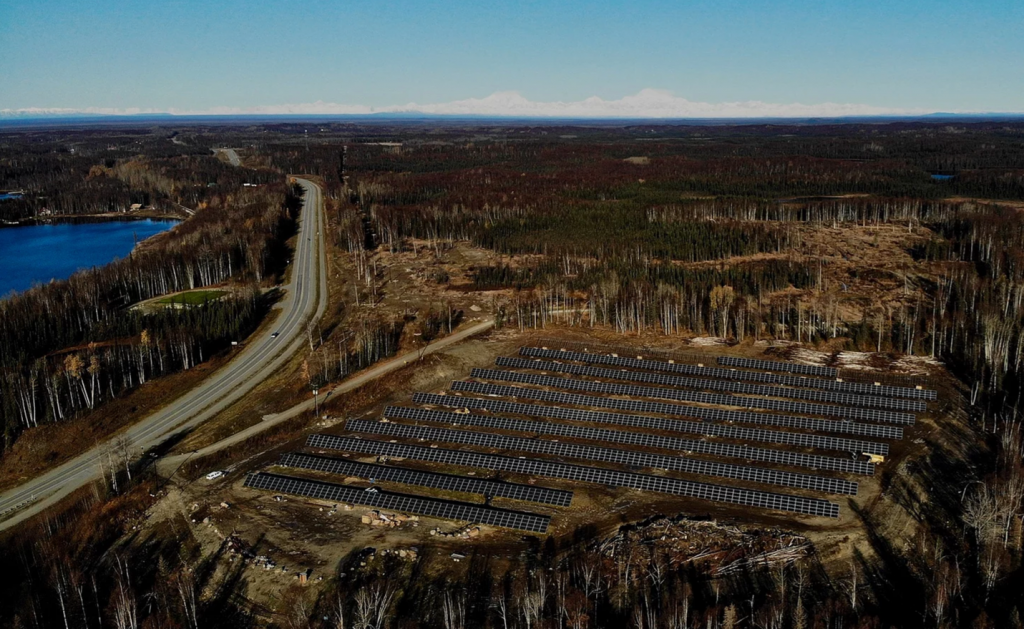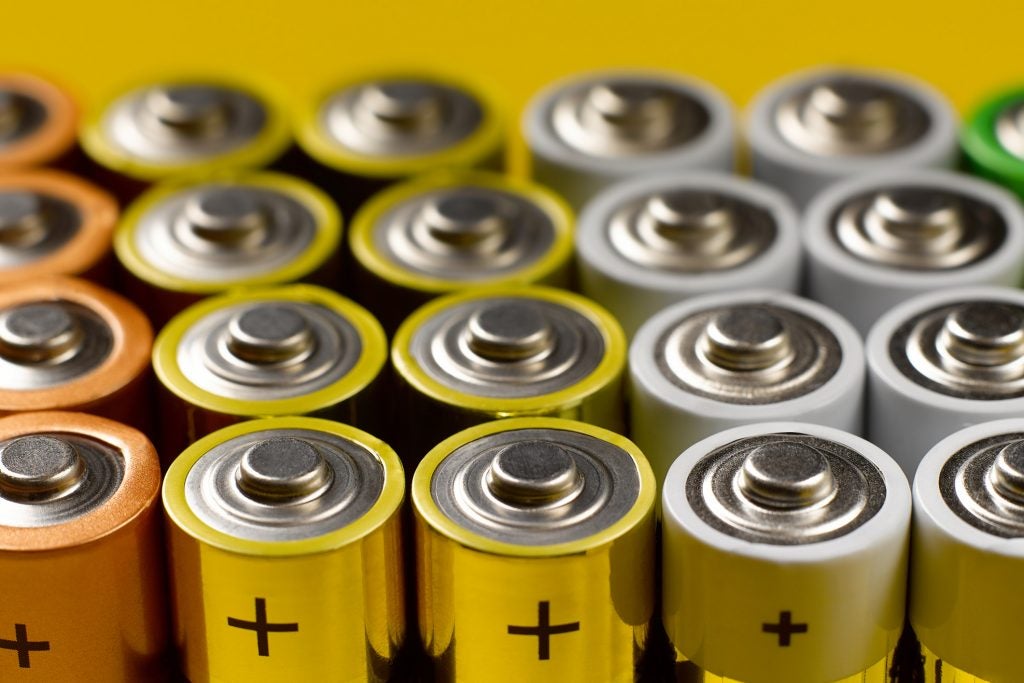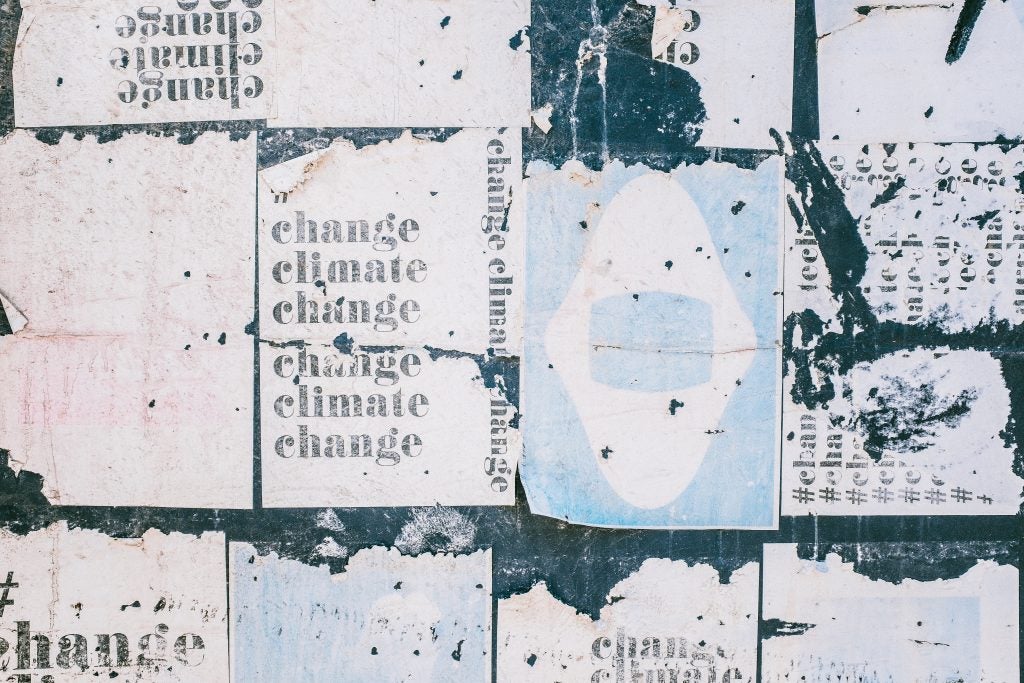
Student Blog Series: Undergraduate Seminar Fellows
Explore insights on a variety of topics from our 2021 Undergraduate Seminar Fellows.
As a part of the Undergraduate Climate and Energy Policy Seminar, seminar fellows write a thoughtful insight publication on an energy or climate issue of their choosing. This year’s insights tackled topics from carbon offsets to artificial intelligence and everything in between. Explore our student insight series.
CARBON OFFSETS CANNOT BE OUR PRIMARY SOLUTION TO CLIMATE CHANGE
Ayina Anyachebelu
The current carbon offsets market incentivizes corporations to shift the moral responsibility of reducing emissions to others. Drastic reform is needed to guarantee a true reduction in global emissions.
Offshore Wind and the Fishing Industry: The Path to Co-Existence
Margaret Badding
Turbine installations can be stymied by the fishing industry. More research and more conversation are key to the success of this renewable energy source.
Hydrogen vs Natural Gas: The Pipeline Turf War
Francisco Barrera
Could mixing hydrogen into our natural gas networks be the catalyst we need to get clean energy into the mainstream?
China’s 14th Five Year Plan: Energy Policy Prospects and Contradictions
Sage Basri
An examination of how China has used policy to manage its increasing electricity demand and CO2 emissions.
WIND TURBINE BLADES: OPTIONS AT END OF LIFE
John Berg
Wind turbine blades are currently sent to landfills at the end of their useful life. Emerging technologies could enable widespread blade recycling and make wind power more sustainable.
How Biden’s New $2 Trillion Infrastructure Plan Tackles Climate Change
Skylar Cannon
Biden’s newly announced infrastructure plan focuses on electric vehicles, clean energy, and climate change research.
BIOMASS ENERGY: CLIMATE SOLUTION OR POTENTIAL CATASTROPHE?
Georgeanne Dinan
Treating biomass as a carbon-neutral energy source will only drive further wood harvests and carbon emissions at a time when reforestation and decarbonization are critical.
Philanthropic Partnerships Towards Combating Energy Poverty
Adam Goudjil
Energy poverty receives less funding by foundations compared to other forms of poverty. Despite this, partnerships with other agencies can point to innovative solutions to combat energy poverty.
We Have To Go Nuclear
Neil Kapoor
With the climate crisis growing worse by the day, it seems like the nuclear option is the only one.
CERCLA and the Exemption of the Oil and Gas Industry
Erin Kelly
The neglect of the oil and gas industry from a major environmental statute aimed at protecting environmental and public health hinders comprehensive climate action.
Green Transport Means Public Transport
Caroline Magdolen
Though it is wise of President Biden’s American Jobs Plan to invest in both electric vehicles and public transit, we must shift away from America’s car culture in the coming decades.
CleanTech SPACs: Friend or Foe for the Regulators?
Sinan Onukar
If we want to reach carbon neutrality by 2050, we will need big changes in our nation’s mobility and infrastructure systems. Financial innovation can be an ally in this fight.
CONSIDERING ARTIFICIAL INTELLIGENCE AND ITS POTENTIAL FOR CLIMATE IMPACT
Georgia Ray
Can AI help us improve energy efficiency and combat climate change? Possibly but ethical concerns exist when it comes to balancing the positives and negatives of AI creation and climate change.
Tensions in Renewable Policy Development in Alaska
Evelyn Sorrell
In Alaska, state-subsidized diesel electricity and a lack of comprehensive renewable energy policy inhibits the development of clean energy.
How Can We Use Carbon Dioxide to Feed Rechargeable Batteries?
Yein Yoon
What if we could capture CO2 and use it to charge the rechargeable batteries? Scientists and engineers have been trying to develop rechargeable batteries using CO2.
The Power of Climate Change Education
Jianan Zhang
One of the most effective ways to close that gap between scientific knowledge and public understanding is to teach students about climate change.
